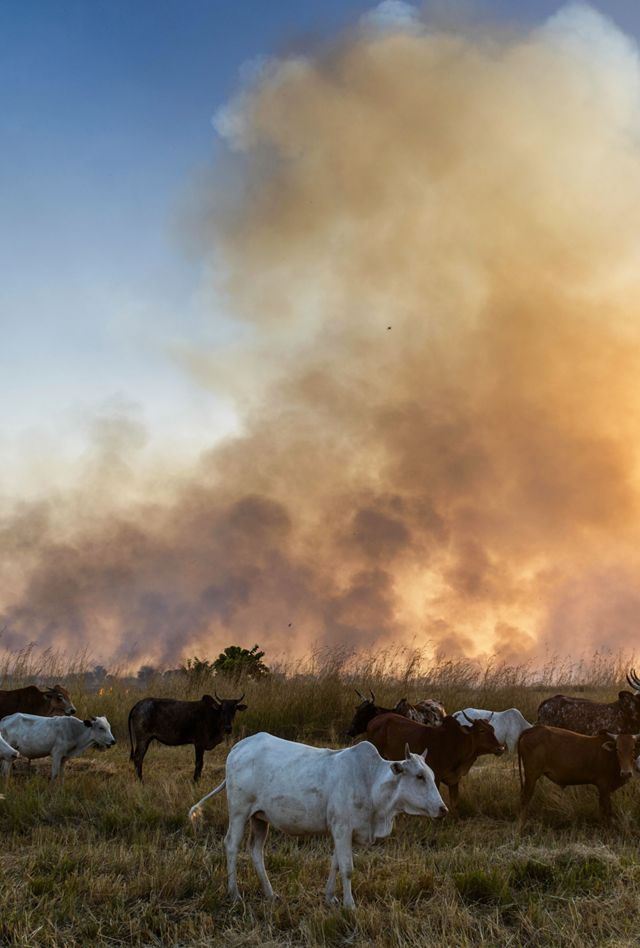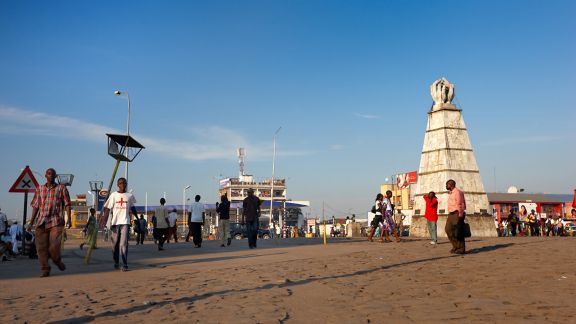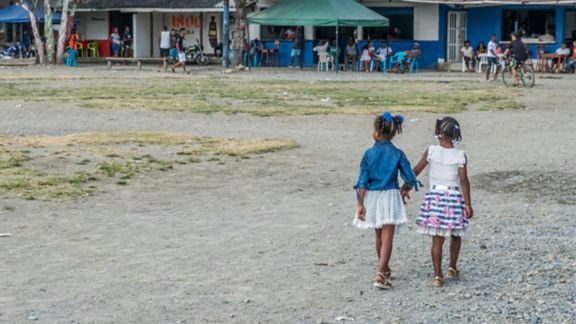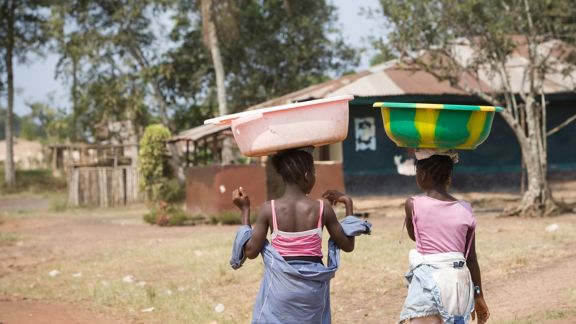Inter-Ethnic Mediation Strategies in Ghana

Problem
Donors wanted to evaluate efforts to build community resilience in West Africa.
Farmer-herder tensions in northern Ghana have intensified in recent years, driven by land pressure, climate change, and the social exclusion of minority ethnic groups. In response, Ghanaian organizations CECOTAPS and Save Ghana implemented a community-based strategy to reduce conflict and foster inclusion of the marginalized Fulbe herder population. As violent extremist groups expand across West Africa and seek to exploit divisions, donors including the U.S. Agency for International Development (USAID), German Federal Foreign Office, UK International Development (UKID), Kingdom of the Netherlands, and the International Organization for Migration (IOM) have shown interest in this community-led mediation approach, and are looking for evidence on whether and how it might reduce tensions and build community cohesion.
Solution
NORC led a randomized controlled trial with a panel survey of farmers and herders in Ghana.
To understand whether programming truly built community resilience, NORC conducted a rigorous randomized evaluation of the strategy’s impact on conflict resolution, security, and social cohesion. We randomized 46 communities in Ghana’s Upper West region into treatment or control conditions and conducted baseline surveys in November 2023 with farmer and herder households and community leaders, measuring outcomes related to community cohesion, dispute resolution, and security conditions. We returned one year later to conduct endline surveys with the same households and community leaders. A total of 920 households and 92 community leaders were interviewed, evenly divided between farmers and herders, and across the 46 communities. Focus group discussions in treatment communities provided additional context for the quantitative results.
Result
We found evidence of positive impacts shortly after implementation.
NORC’s findings offer causal evidence on what works to strengthen inter-group cooperation and prevent violence, helping donors and local actors invest in effective approaches for supporting peaceful, inclusive development. Completed just a few months after program implementation, our endline analysis found evidence of positive impacts. The intervention increased women’s participation in mixed-ethnicity community savings groups by 15 percentage points, providing opportunities for inter-group contact and cooperation. It also led to an 8 percentage point rise in farmers and herders reporting peaceful dispute resolution. Farmers expressed greater confidence that their crops would not be destroyed without appropriate compensation and cattle herders were more likely to report no recent violence in their communities.
Our randomized evaluation not only quantified these effects but also identified where implementation varied. These insights informed targeted recommendations to improve consistency in how communities adopt dialogue sessions and mediation committees. We are working with the IOM’s Coastal States Stability Mechanism to disseminate the study findings, offering donors and local implementers evidence-based guidance on how to refine their approach for strengthening community resilience across West Africa.
Related Tags
Project Leads
-
Greg Haugan
Research ScientistProject Director/Co-Principal Investigator -
Alejandro Ome
Principal Research ScientistCo-Principal Investigator








